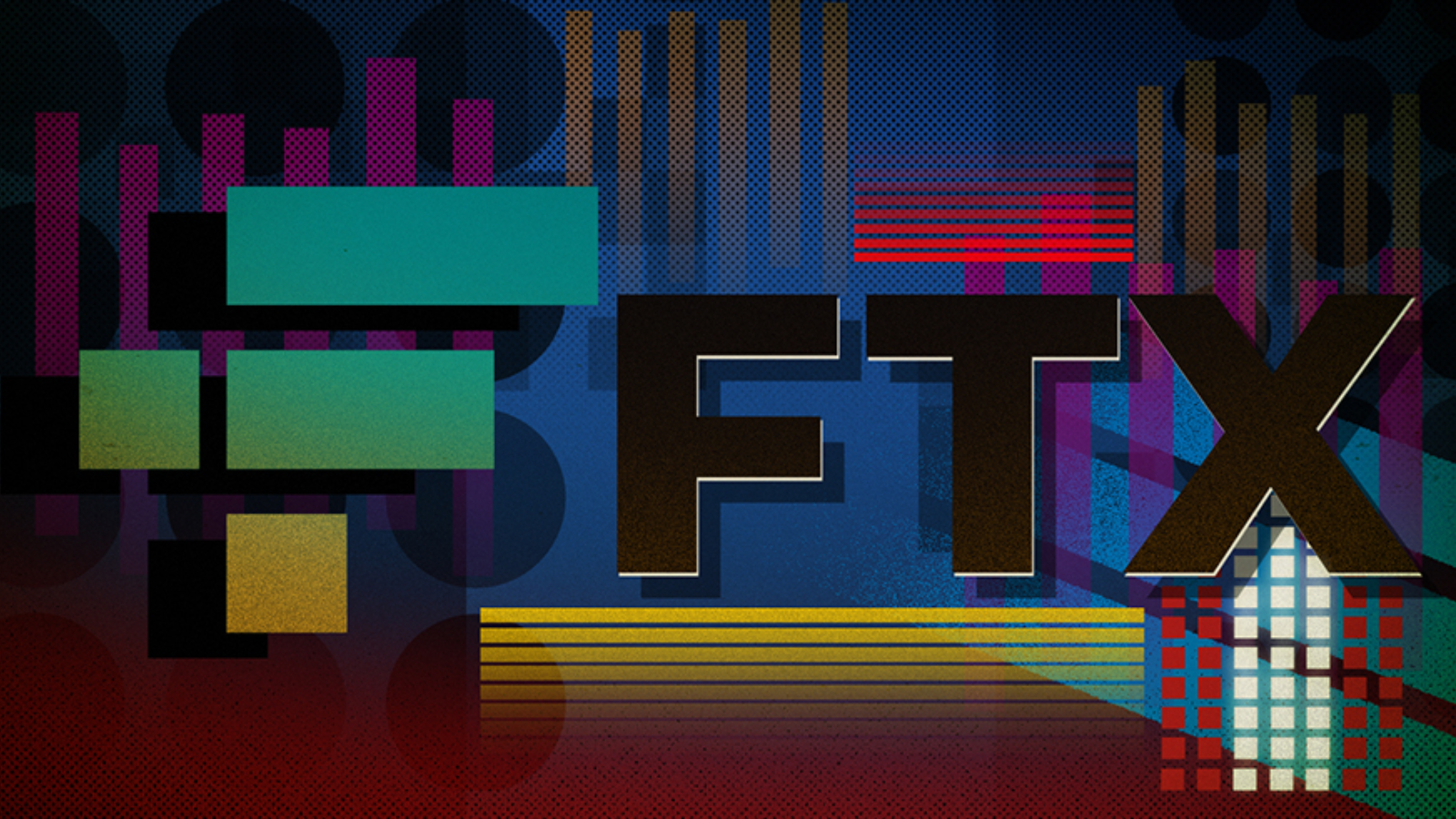FTX Seeks to Roll Out Crypto-Linked Visa Cards Globally
Currently available to US users, the exchange looks to launch debit cards in 40 additional countries

Blockworks Exclusive Art by Axel Rangel
- Card allows users to make purchases using crypto at the 80 million merchant locations that accept Visa
- Product rollout in Latin America and Europe is planned by the end of 2022, with additional regions slated for next year
Crypto exchange FTX is set to begin offering Visa debit cards to its customers internationally as part of an expansion to its global partnership with the payments giant.
Debit cards linked to a user’s FTX accounts are currently available in the US, as the company now intends to launch the offering in 40 more countries.
The exchange plans to roll out the FTX Card in Latin America before bringing it to Europe and Asia, Adam Jacobs, the company’s global head of payments, told Blockworks.
He declined to share additional details about the upcoming rollouts.
“We’re excited to partner with one of the world’s largest payment networks to give our users the ability to utilize their crypto to fund purchases at millions of merchants around the globe,” FTX founder Sam Bankman-Fried said in a statement. “This card allows users to make use of their FTX crypto balances 24 hours a day, 365 days a year securely and with no administrative or processing fees.”
Visa revealed in July 2021 it was partnering with 50 crypto platforms on card programs that allow users to convert and spend digital currency at 70 million merchants. FTX competitor Coinbase launched a Visa debit card linked to crypto accounts for users in the United Kingdom and European Union in 2019 and rolled it out to US customers earlier this year.
Gemini inked a similar partnership with MasterCard in April 2021, to offer credit cards which allow customers to spend US dollars and earn cashback in their crypto of choice. But Gemini does not yet allow a customer’s exchange balance to be used to pay the monthly credit card balance.
Visa executives said in January that customers made $2.5 billion in payments with its crypto-linked cards in its fiscal first quarter of 2022. The payments company launched a crypto advisory practice last December and a program for NFT-focused entrepreneurs in March.
“We believe that digital currencies will have a lasting impact on the future of financial services and money movement,” Cuy Sheffield, Visa’s head of crypto, said in a statement. “We’re excited to partner with leading crypto exchanges like FTX to bring more flexibility and ease-of-use to the way people use their crypto.”
Cardholders will be able to use a crypto balance to fund purchases anywhere Visa is accepted. Crypto held within a user’s FTX account will automatically exchange the exact amount at the point of sale, according to the company.
“This is just the beginning of our global partnership with Visa,” Jacobs said. “We look forward to working with them…to make other aspects of Visa’s suite available to FTX cardholders.”
Get the news in your inbox. Explore Blockworks newsletters:
- The Breakdown: Decoding crypto and the markets. Daily.
- 0xResearch: Alpha in your inbox. Think like an analyst.






